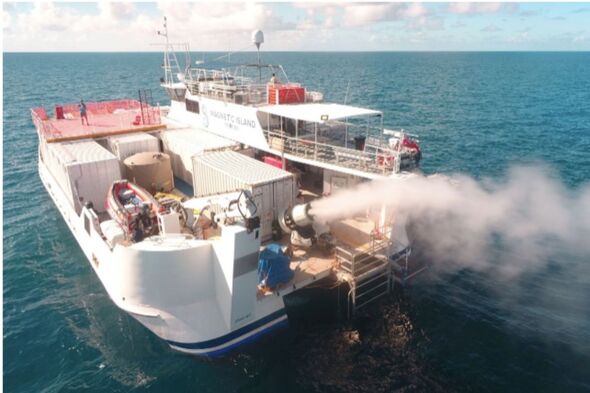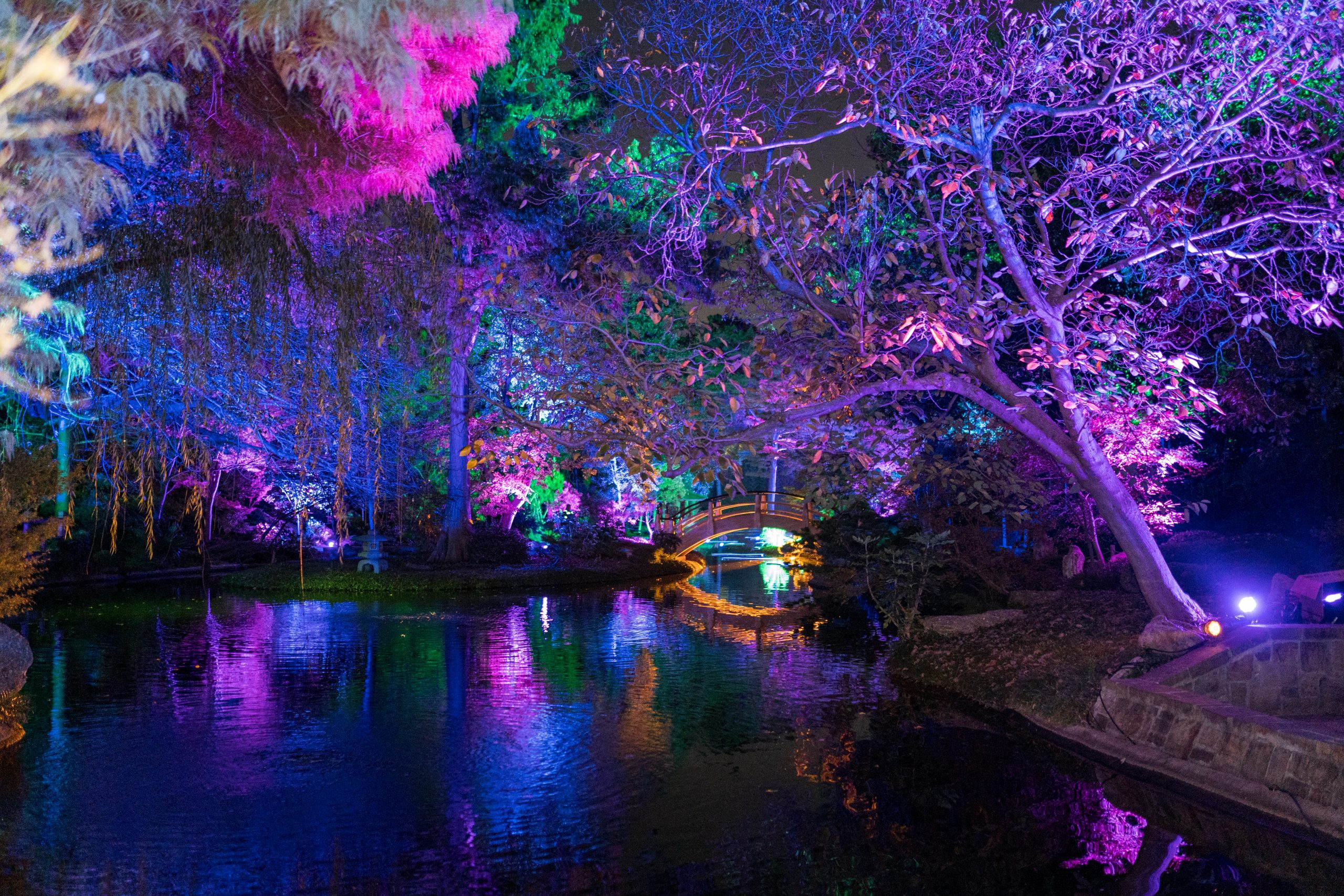Urgent Update: Geoengineering Project Thwarted in San Francisco Bay

UPDATE: A controversial geoengineering experiment aimed at altering weather patterns above the San Francisco Bay was abruptly halted by local officials, according to newly released documents from Politico’s E&E News. The initiative, which involved a team from the University of Washington, intended to deploy salt water-spraying machinery to create man-made clouds over an area larger than Puerto Rico.
The experiment, conducted in Alameda last year, lasted only 20 minutes before it was stopped due to a lack of prior notification to city authorities. The ambitious project, funded by a group of billionaires, aimed to assess the feasibility of cloud-manufacturing instruments in real-world conditions. According to the 2023 research plan obtained by Politico, the initiative was projected to cost between $10 million and $20 million and sought to expand its research efforts to other regions, including parts of western North America, Chile, and south-central Africa.
The urgency of the project stems from the increasing difficulty of combating global warming under the current political climate in the West. Researchers believe that effective geoengineering could play a crucial role in mitigating climate change impacts, despite significant backlash and conspiracy theories surrounding the practice. Critics argue that solar geoengineering could disrupt weather patterns and harm agriculture and wildlife.
“We were focused on assessing whether cloud-manufacturing instruments could work in the real world,” said project leaders in an interview with Politico. The initiative was contingent upon the success of this initial experiment, which was cut short before any significant data could be collected.
In the wake of the project’s halt, concerns have been raised about transparency in geoengineering research.
“There’s a difference between what they should have been required to do and what it would have been smart for them to do, from a transparent perspective, to gain the public’s trust,”
stated Daniele Visioni, a professor of atmospheric sciences at Cornell University.
The political ramifications are significant. Recently, Rep. Marjorie Taylor Greene introduced a bill to criminalize geoengineering, falsely linking it to deadly weather events such as the catastrophic floods in central Texas that claimed over 130 lives. Meanwhile, Florida Governor Ron DeSantis signed legislation banning atmospheric chemical releases for climate modification.
Despite the challenges, advocates for geoengineering stress that the catastrophic consequences of climate change necessitate continued research. “If we really were serious about the idea that to do any controversial topic needs some kind of large-scale consensus before we can research the topic, I think that means we don’t research topics,” argued David Keith, a geophysical sciences professor at the University of Chicago.
The financial backing for the University of Washington’s program includes notable figures like cryptocurrency billionaire Chris Larsen and venture capitalist Chris Sacca. Larsen emphasized the need for more research amid political attacks and funding cuts, stating, “At a time when scientists are facing political attacks and drastic funding cuts, we need to complement a rapid energy transition with more research into a broad range of potential climate solutions.”
The latest revelations raise critical questions about the future of geoengineering initiatives and their implications for climate science. With over 575 scientists calling for a total ban on geoengineering development, the debate over climate intervention strategies is intensifying.
As the situation develops, stakeholders in the scientific community and political landscape will be closely monitoring the unfolding events. The future of geoengineering research hangs in the balance, with implications for both climate policy and public trust in scientific endeavors.






